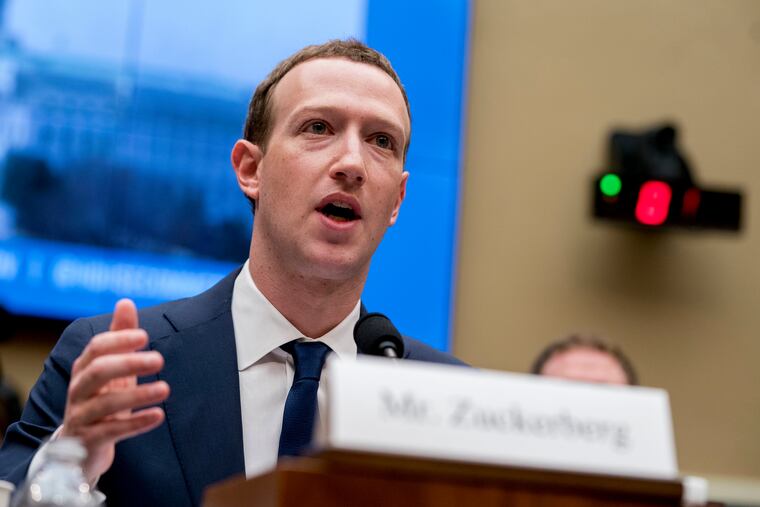Facebook can’t be the only one policing democracy | Editorial
Facebook and other social media giants must do more to police their networks by investing in tools that identify bogus news, increasing accountability and reducing incentives to profit from disinformation.

Facebook has finally taken steps to combat efforts to interfere in U.S. elections.
But will it be enough?
Facebook disclosed this week that it removed 32 pages and fake accounts that were engaged in efforts to meddle in the 2018 midterm elections. Facebook did not confirm the accounts came from Russian agents but said some tools and techniques resembled those used by a Kremlin-linked group ensnared in a recent indictment alleging interference in 2016.
Facebook's disclosure is further proof of efforts by outside groups to sow discord and doubt in U.S. elections. And it is yet another wake-up call to lawmakers to do more – now — to combat the interference.
After all, removing 32 pages from Facebook is a tiny blip in the broad and aggressive response needed to fight the misinformation war and preserve our democracy. Two years ago, Facebook looked the other way as Russian agents disseminated inflammatory posts that reached 126 million users during the run-up to the presidential election.
>> READ MORE: Russian troll factory hiring for new anti-U.S. operation; biggest danger is not to America | Trudy Rubin
In February, Director of National Intelligence Dan Coats told the Senate Intelligence Committee that "the United States is under attack." He said Russia, China, Iran, and North Korea posed the greatest cyber threats along with terrorist and criminal organizations. Coats added that Russia was likely to continue to target U.S. elections to "undermine democracy."
Sadly, President Trump remains largely uninterested in doing much to preserve, protect, and defend the United States from Russia's election interference. If anything, he seems more inclined to fan confusion and even side with Russia.
Trump's lack of clear leadership makes it difficult for intelligence agencies to mount a coordinated effort to combat the interference.
Congressional leaders have no clear idea what to do beyond lip service. As Washington dithers, it is up to others to guard against the misinformation war.
Facebook and other social-media giants must do more to police their networks by investing in tools that identify bogus news, increasing accountability and reducing incentives to profit from disinformation. But without any clear rules or regulations from lawmakers, the companies are unlikely to go beyond the minimum to protect their bottom line.
Likewise, state and local education officials should make it a priority to promote news literacy and teach basic civics, including voting, and the importance of preserving basic American ideals that have set us apart from the rest of the world, such as freedom of religion, freedom of the press, the rule of law, and the independence of the judiciary.
A recent survey by the University of Pennsylvania's Annenberg Public Policy Center found roughly one-third of respondents could not name any rights guaranteed under the First Amendment and only 26 percent could name all three branches of government.
To be sure, the media has a responsibility to provide fair and accurate reporting. At the same time, individuals have a responsibility to stay informed, engaged, and skeptical of fringe information providers.
Facebook's recent steps are encouraging. But this is a long fight that requires action by government, schools, businesses, and individuals — anyone, in fact, interested in preserving democracy.